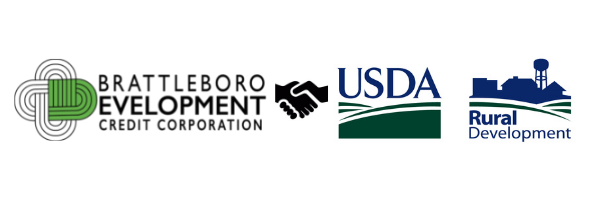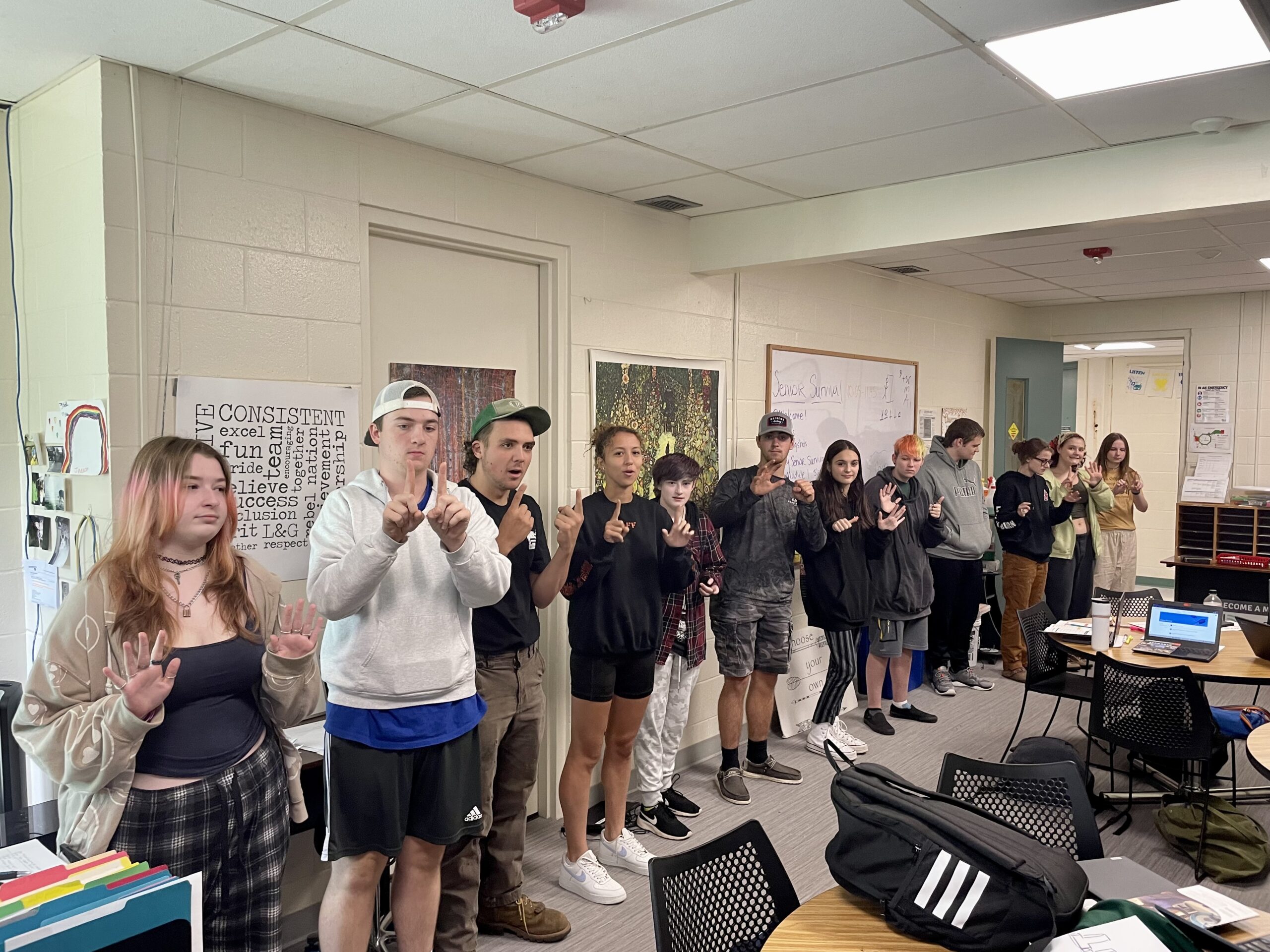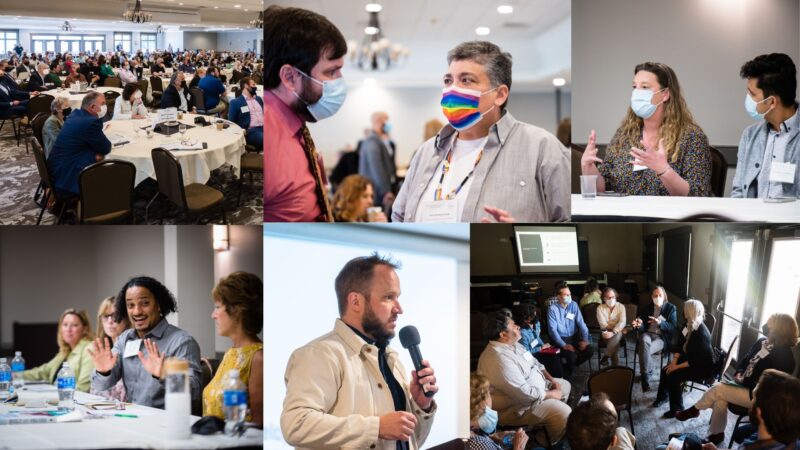
Digital Literacy Training Series Focuses on Career Advancement
Press Contact: Adam Grinold, agrinold@
Brattleboro, VT — A new training series for adults, “Digital Literacy Basics for Career Growth”, is being provided by BDCC to help more people harness the power of technology to achieve their career goals. Whether you are making a career change, entering a new career, or looking to advance in your chosen profession, digital skills can help with your next steps.
Over six sessions, students will become familiar with technology to find the right job, create a skills-based resume, and crush a virtual job interview. Participants will learn to manage their “Digital Footprint” to impress potential employers, and get familiar with online learning platforms that are gateways to skill-building and career advancement. Classes are free and in person at BDCC’s new Flat Street location in Brattleboro.
There will be three information sessions in December to learn more:
-
Monday, December 9, 5pm-6pm on Zoom (contact Jack for Zoom link)
-
Tuesday, December 10, 10am-11am in-person at WFCoE, 8 Flat St, Brattleboro
-
Thursday, December 12, 5pm-6pm in-person at WFCoE, 8 Flat St, Brattleboro
For the Zoom link or for any questions, please contact Jack Spanierman at jspanierman@
About the Workforce Center of Excellence
The Workforce Center of Excellence (WFCoE) is a workforce and career training and education initiative of the Brattleboro Development Credit Corporation that helps people take the next step in their career pathway. It supports youth and adults, with a special focus on New Americans and women, providing one-to-one assistance, supportive services and career readiness training. The WFCoE leverages BDCC’s relationships with employers and workforce development partners, supporting both sides of the labor exchange to connect people with opportunity, and employers with the talent they need. The WFCoE is funded in part by a Workforce Opportunity for Rural Communities (WORC) grant from the Northern Borders Regional Commission and US Department of Labor’s Employment and Training Administration (ETA).


